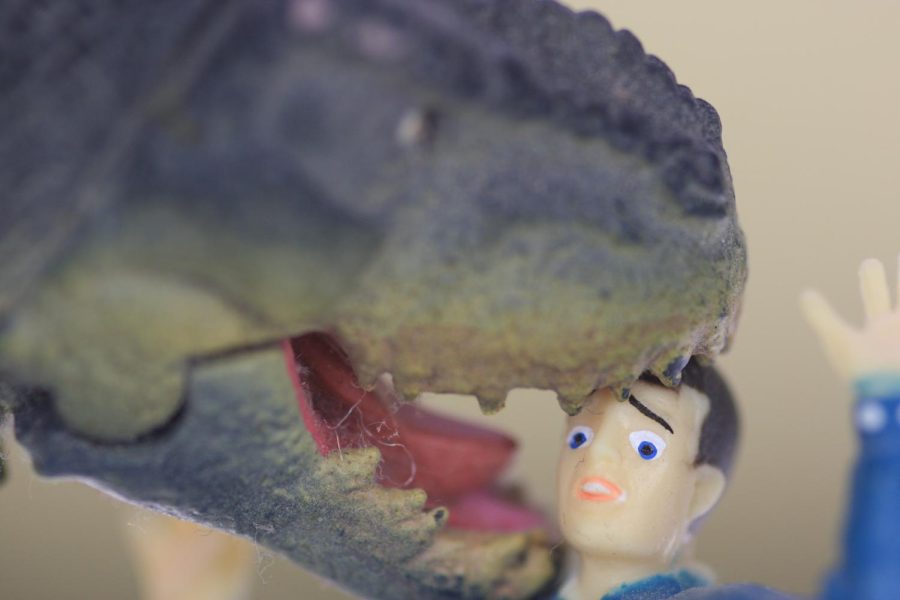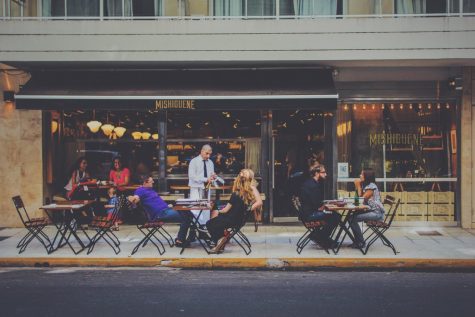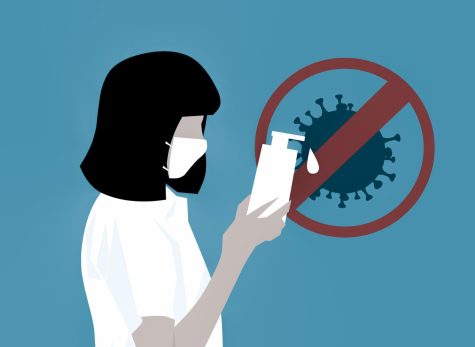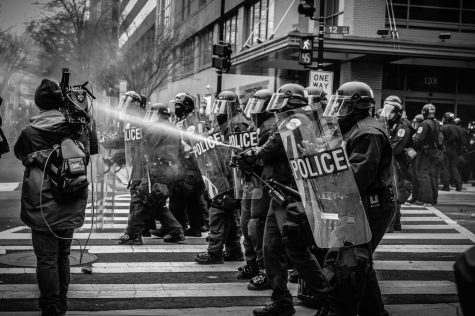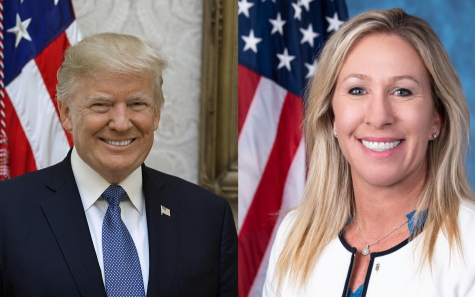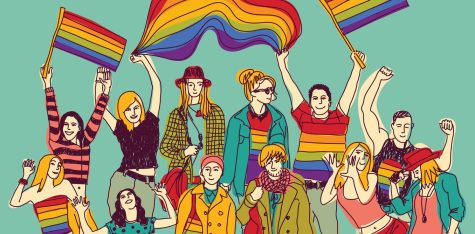BEYOND | Things are Going to Get Worse
It has been a rough couple of years, hasn’t it? We have all lived through a global pandemic that has cost millions of lives and restructured society in ways both profound and subtle. Now, with multiple vaccines available and targeted treatments becoming viable, there are moments where it almost feels like we are returning to normal and that we will soon be able to move beyond COVID-19. This could be true, it may be that the pandemic is on its way out – but that does not mean things are going to get better. In fact, a brief review of the current trends suggests that things are going to get worse.
For those who are keeping score, like the National Oceanic and Atmospheric Administration, the US has had 40 “billion-dollar disaster” events – weather disasters with damages exceeding 1 billion US dollars – since the beginning of 2020. These include droughts, massive wildfires, hurricanes, tropical storms, floods, major freezes and others. Compare this to 2000-2001 period, in which the US experienced only seven. Such events are the most obvious indicators of climate change, and their progressive increase should be a major concern for both individuals and governments. However, the responses to the ongoing climate crisis have proven profoundly lackluster. At the time of this writing, the much-heralded COP26 international summit on climate change is underway and has already been labelled by media and world leaders as a failure. With both Russia and China refusing to attend and few countries willing to offer strong commitments, it is seeming less and less likely that limiting global warming to 2 degrees Celsius will be attainable. Thus, barring major action, we are likely to see even greater increases in severe weather events with the associated increased costs in wealth and lives.
Such necessity demands coordinated government action at the highest level. However, this type of action is made even less likely by the dangerous political trends we are confronted with. According to Freedom House, a non-governmental organization that promotes and monitors global democratic norms, the proportion of countries classified as “not free” is at a 15-year high and less than 20% of the world’s population now lives in a “free” country. While autocracy flourishes overseas, assisted by the Western willingness to hide and process funds stolen by kleptocrats, democracy struggles here in the US as political polarization limits the government’s capability to address crises at home and abroad. According to the latest Polarization Index report, put out by the University of Southern California Center for Public Relations, polarization in the United States remains extremely high, 82.5 out of 100, and has waned only slightly in the year since the presidential election when polarization was at 85.1 out of 100. This polarization can be seen in the legislative struggles to pass necessary spending bills through the House of Representatives and Senate and in the significant upsurge in domestic terrorism, particularly from far-right extremists.
In summary, the world is quite literally on fire in many places, the human race is becoming less free overall, and the country hailed as the leader of the free world is too paralyzed by internal division to do anything about either of these problems – or a host of other equally important issues. Humanity as a whole has been obsessively focused on the COVID-19 pandemic for almost two years, and justifiably so, but we must remember that the pandemic is far from the only global problem confronting our species. The old problems never went away and they have been made worse both by lack of attention and the side effects of the global pandemic.
The goal of this article is not to revel in pessimism. Rather, it is meant as a ward against complacency and a call for action to address the issues elaborated upon. As we move beyond COVID-19, we must remember to address the issues that were set aside during the pandemic out of necessity so that we may eventually move beyond those issues as well.

